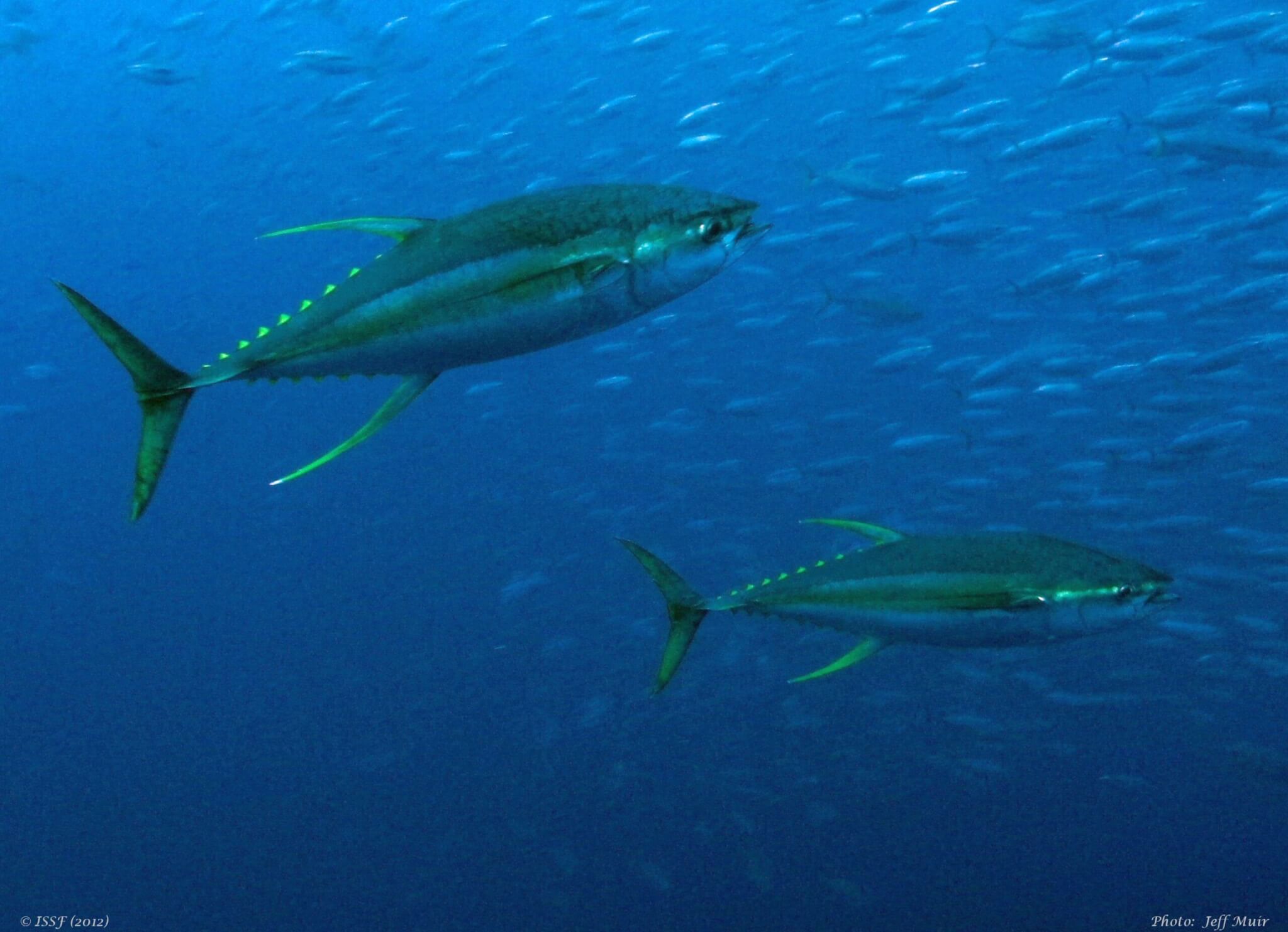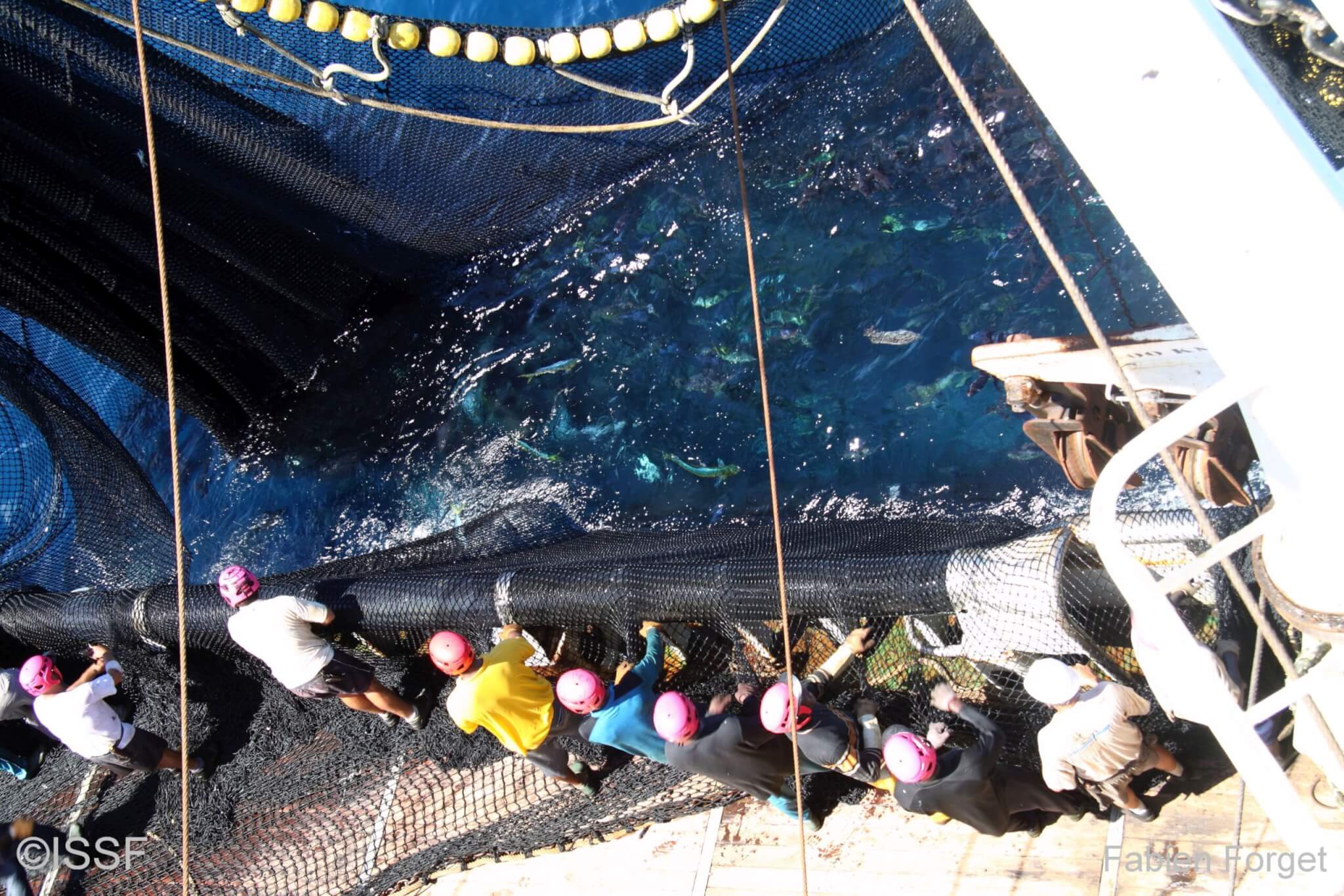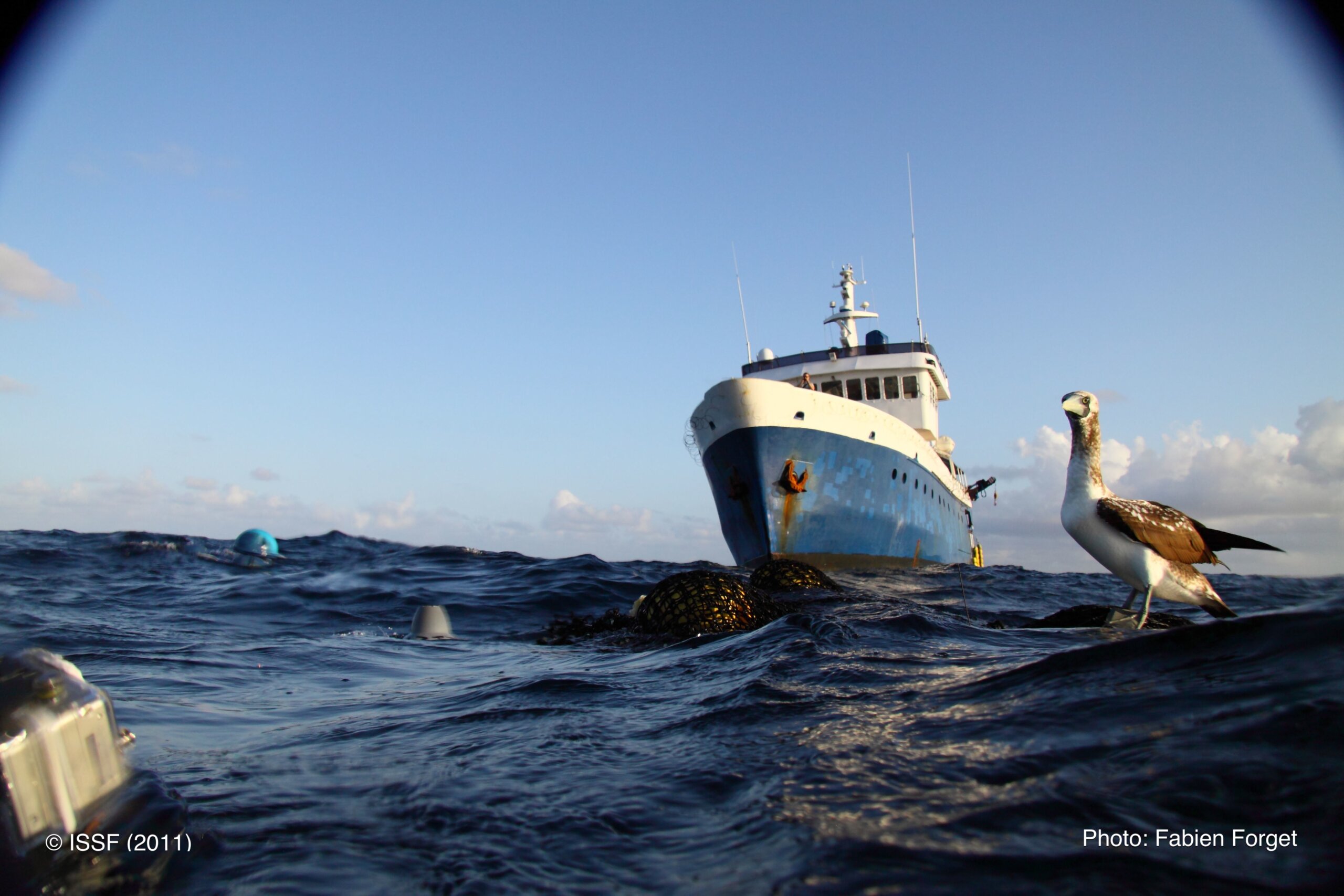Global Tuna Stocks Assessed Against MSC Standard | Updated Reports Track Tuna Sustainability and Industry Compliance Progress
Featured News
Updated ISSF Report Assesses Tuna Stock Sustainability Against MSC Criteria
12 of 23 Global Tuna Stocks Meet MSC Principle 1 Benchmark;
7 of 23 Stocks Have Harvest Control Rules for Sustainable Management
ISSF has published the latest edition of its comprehensive report, An Evaluation of the Sustainability of Global Tuna Stocks Relative to Marine Stewardship Council Criteria. The report assesses the 23 major commercial tuna stocks worldwide against the Marine Stewardship Council (MSC) Fisheries Standard, offering an informed view of global progress and remaining gaps in achieving tuna fisheries sustainability.
This edition applies v3.1 of the MSC Fisheries Standard, evaluating tuna stock health (MSC Principle 1) and the effectiveness of regional management frameworks (part of MSC Principle 3). The report’s insights are useful in informing seafood stakeholders and policymakers about where improvements are most needed to meet rigorous sustainability benchmarks.
Featured Graphic
An updated graphic, based on data from the 2025 report An Evaluation of the Sustainability of Global Tuna Stocks Relative to Marine Stewardship Council Criteria, shows what the average scores based on Principle 1 have been since 2013, and how they have changed over time.
The MSC’s Principle 1 states: “A fishery must be conducted in a manner that does not lead to overfishing or depletion of the exploited populations and, for those populations that are depleted, the fishery must be conducted in a manner that demonstrably leads to their recovery.”
ICYMI
Verifying Seafood Industry Commitments
ISSF launched an in‑depth web feature spotlighting its latest ISSF Annual Conservation Measures & ProActive Vessel Register Compliance Report — an independent, third‑party audit report that benchmarks transparency and accountability among tuna companies and vessels.
The interactive feature highlights striking results: 99.6 % overall company compliance across 24 audited participants and a 77.5 % vessel pass rate on the ProActive Vessel Register. It also introduces first‑time audited outcomes for ISSF Conservation Measures 2.5 (transparency in reporting sustainable sourcing) and 1.3 (reducing Indian Ocean yellowfin tuna sourcing), underscoring real progress in traceability and stock rebuilding efforts. Enhanced visuals detail roadmap commitments, audit scores, and vessel performance — bringing full clarity to the tuna supply chain. This feature reinforces ISSF’s leadership in driving verifiable sustainability and elevating expectations for industry accountability.
ISSF in the News
ISSF urges stronger tuna protections
World Fishing & Aquaculture
Latest ISSF report shows its members holding fast on commitment to sustainable tuna
Seafood Source


